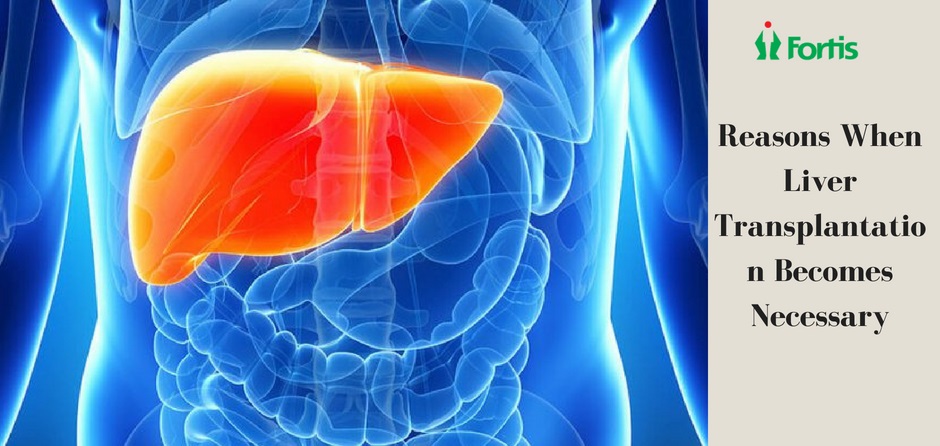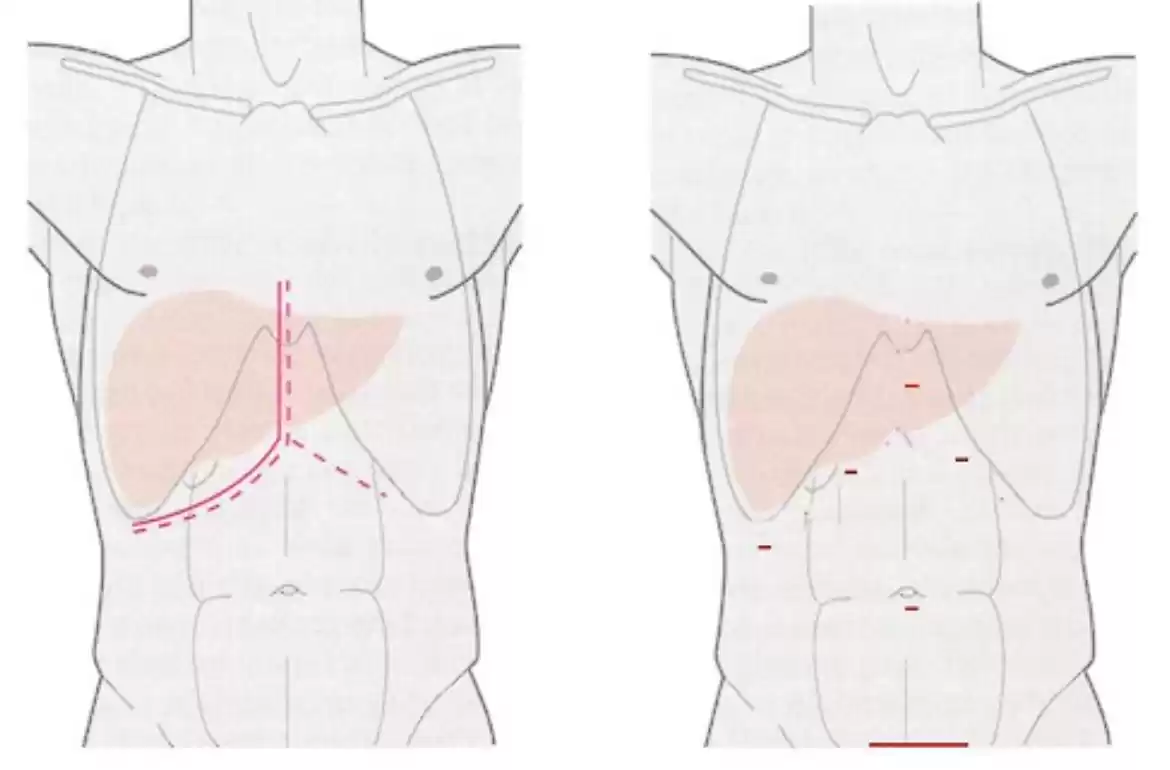
Doctors recommend liver transplant surgery when liver gets damaged beyond regeneration capability of the body. It may be because of a longstanding disease. In fact, there are several other reasons for it, such as hepatitis B virus, Non-alcoholic Fatty Liver Diseases, etc. Let us look at some of these diseases in detail because of which one may have to go through liver transplant surgery:
Complications of Liver Cirrhosis
Liver scarring and long-term liver diseases are the causes of liver cirrhosis. By itself, it may not cause much harm to the liver. However, liver may lose its functions over time and require replacement by transplantation procedure. Complications of liver cirrhosis include:
- Blood loss due to portal hypertension
- Liver failure leading to affliction of the brain (encephalopathy)
- Fluid accumulation within the abdomen (ascites)
Furthermore, liver cirrhosis may be caused by long-term hepatitis C or hepatitis B, autoimmune liver diseases, excessive alcoholism over long period, or

A liver transplant surgery is a surgical procedure that involves the replacement of a patient’s liver (whole or partial) from another person. It can used to remedy a host of adverse liver conditions and diseases, including those arising due to decompensated or diseased liver. Here are some of them along with their commonly associated symptoms: –
Liver conditions and their symptoms that may require Liver transplant surgery
Condition | Symptoms |
Tyrosinemia Type 1 | Unexpected fever Diarrhea Vomitting |
Hepatitis C | Sore muscles Nausea Itchy skin |
Hemochromatosis | Constant fatigue Sudden weight-loss Joint pain |
Biliary atresia | Darkened Urine Yellowing of the skin Excess bilirubin in the blood |
How is the liver transplant surgery performed?
Liver transplantation surgery is a definite cure for a majority of the conditions and diseases that arise in the liver. The exact approach of this surgical technique varies in accordance with the medical facility, but the basic procedure of it is pretty much the same. Here is a

